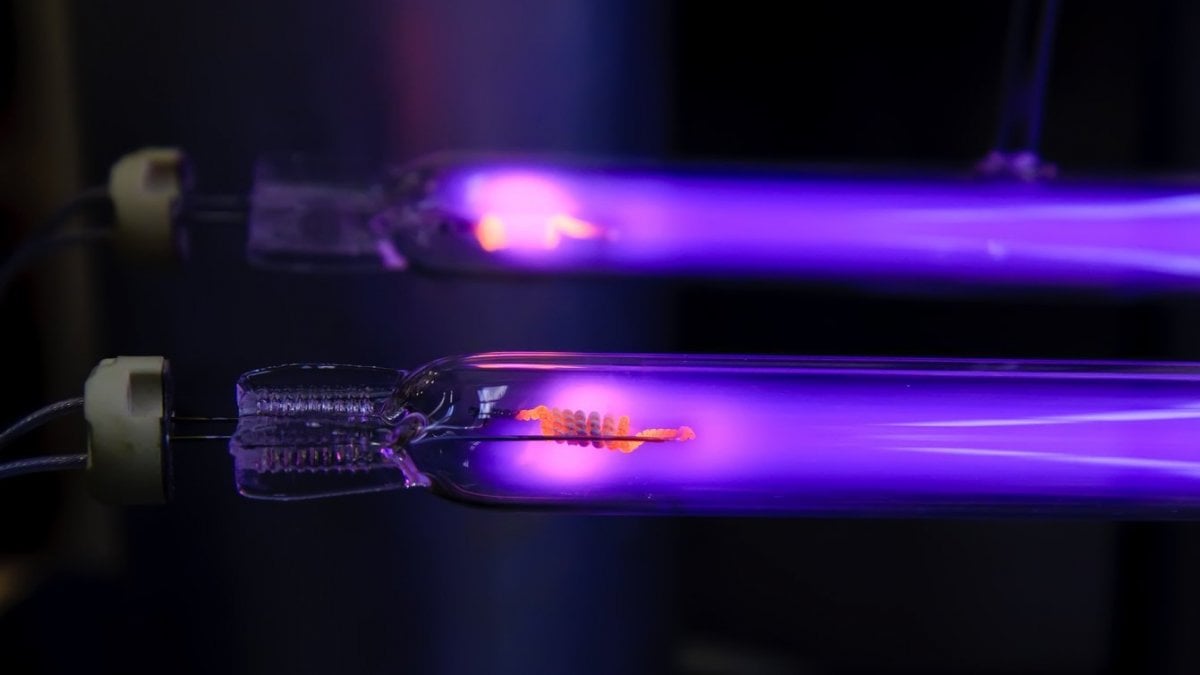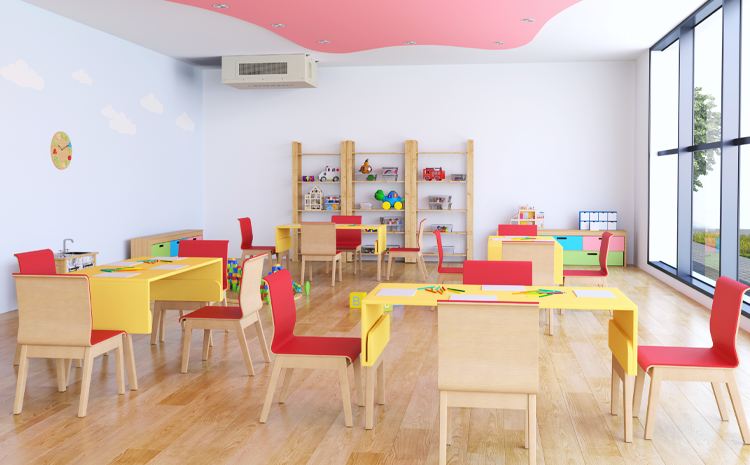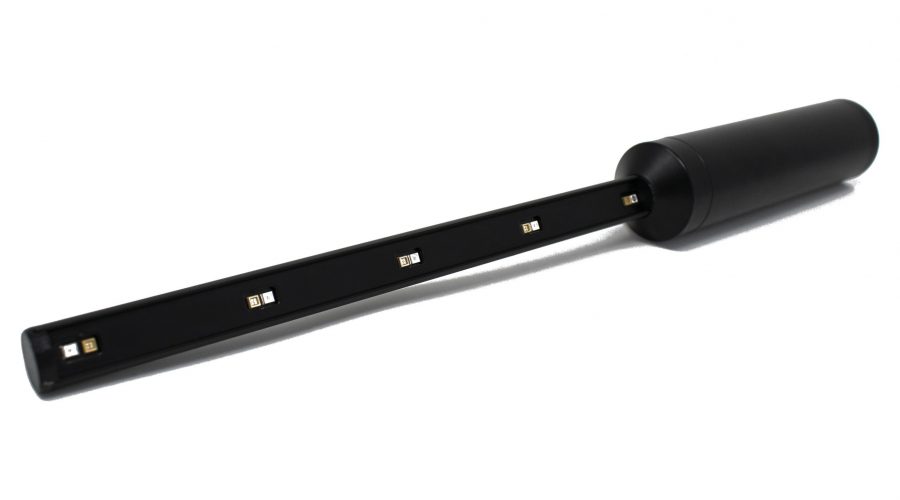COV-SARS2 belongs to the larger coronavirus family, and according to current scientific research, this type of monofilament RNA virus is very sensitive to UV-C light. The presence of a lipid membrane does not affect the sensitivity of the virus to UV-C rays because it does not protect the genome which is still affected by UV-C radiation. In this way the living cells are inactivated.
UV-C technology is often called upon to fight COVID-19, although there are few experiments of direct measurement of the dose of UV rays necessary to render the virus harmless. A study conducted in Italy in collaboration between INAF and the State University of Milan gives us important information to understand how to inactivate the virus.
“We illuminated solutions with UV light at different concentrations of viruses after a very careful calibration carried out with colleagues from INAF and INT – declares the professor of Applied Biology of the State University of Milan Mara Biasin – and we found that a very small – 3.7 mJ / cm2, equivalent to that delivered for a few seconds by a UV-C lamp placed a few centimeters from the target, to inactivate and inhibit the reproduction of the virus by a factor of 1000, regardless of its concentration “.
Andrea Bianco, INAF Technologist adds: “With such small doses it is possible to implement an effective disinfection strategy against the coronavirus. This data will be useful to entrepreneurs and public operators to develop systems and implement ad hoc protocols useful for countering the development of the pandemic ».





